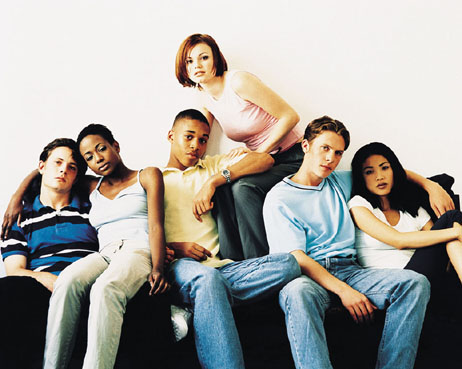From Email: “What do I need to do to keep myself safe? I’m afraid my partner might get even more abusive if we break up. I don’t like the way this relationship is going, but I don’t know what to do.”
When you call a Domestic Violence or Dating Violence hotline, one of the first questions they ask is if you are in safe place and can talk. Once they determine that you can talk safely without getting “in trouble” with your abuser, the dialog starts. It isn’t easy to leave an abusive relationship. There are many things to consider. Regarding Domestic Violence, some of the victims concerns could be: where they will live, how to take care of their kids, having enough money, staying safe, possibly finding a job, and legal issues, among many, many other things. This is where a safety plan comes into play. A safety plan is something that the victim and their DV advocate come up with together in order to stay safe in their abusive relationship while they make the necessary plans to leave the abuser. It is a very important step in trying to ensure the success of their effort to escape their abuser.
The same thing can be said of a Teen Dating Violence Relationship. While there may not be children and housing issues involved, there are other issues to consider. For a teen, there is a place they are required to go and they don’t really have too big of a say as to when and if they can go. That place is called school. Everyone needs a high school diploma, and electing to quit school to avoid an abuser may not be the best option. So some of the biggest concerns for teens are seeing their abuser at school, hoping that their abuser doesn’t divulge their secrets or private information to the school “rumor mill”, what to do, especially if their parents don’t support or believe the abuse is happening, and dealing with all the gossip, and emotions.
Most importantly, do not try to leave an abusive relationship alone! Get help via a hotline, friends, and family. If you have the support from someone, leaving is easier. Make your own safety plan. You can do it with a DV advocate, school counselor, police (if necessary), or with the help of friends and family. Plan out what you will do if you see your abuser at school, work, or other functions. It could be as simple as walking away and having someone to call. Since abuser seek to maintain power and control over their victim, having a support system takes some of that power away.
Another consideration is the extent of the abuse you are experiencing. IF your life is in danger, staying at school might not be a safe option. Transferring or home schooling might be good choices. Talk to your local DV agency, school counselor, or call the National Hotline at 1-866-331-9474. Work out a safety plan with a professional. Find a strong support system with friends and family and then make the best choices you can for your own safety.
I am happy to answer questions from teens or adults.
Feel free to submit a question; email to: [email protected] and put “HWT Question” in the subject line. You may remain anonymous.
Susie Kroll specializes in speaking about Teen Dating Violence and Healthy & Safe Dating. She conducts workshops, keynotes, trainings, and seminars on issues specifically related to teens and their relationships. To schedule Susie for your next event, contactImaginePublicity, Phone: 843.808.0859, Email: [email protected]
Related articles
- February is National Teen Dating Violence Awareness & Prevention Month (excessemancipation.com)
- It’s About Your Teen: MTV’s Teen Mom (herewomentalk.com)
- He loves… He loves me not… (nichellemitchem.wordpress.com)
- Statistics Worthy of Consideration (susiekroll.com)
- Gay, Lesbian, Bisexual, and Transgendered Relationships (susiekroll.com)











